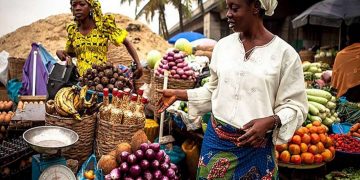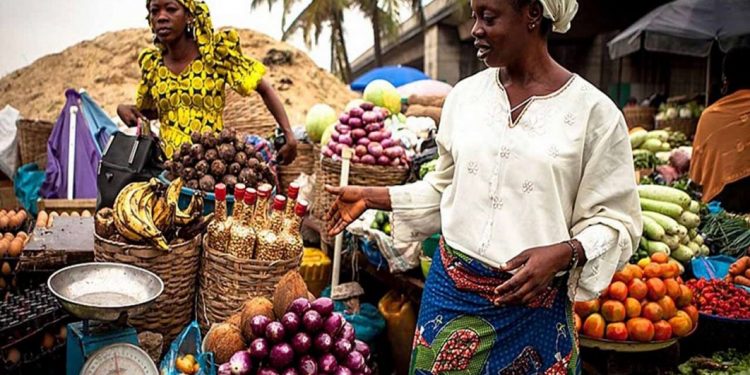The National Bureau of Statistics (NBS) On Monday, announced that Nigeria’s annual inflation rate climbed to 22.22% in April, up from 22.04% the previous month.
The continuous surge in food prices has been a key contributor to this inflationary trend, exerting pressure on savings and incomes within Africa’s largest economy.
Nigeria’s persistently high inflation levels have prompted the central bank to take action, leading to interest rate hikes that now stand at their highest level in almost two decades.
In April, food inflation which accounts for a significant portion of Nigeria’s inflation basket, reached 24.61%, rising from 24.45% in March.
The National Bureau of Statistics attributed this increase to higher prices of commodities such as oil and fat, bread and cereals, fish, potatoes, yam, fruits, meat, vegetables, and spirits.
In light of the prevailing economic conditions, the central bank is scheduled to announce its decision on interest rates next week.
In March, the apex bank raised the benchmark lending rate by 50 basis points to 18%, due to the ongoing price pressures and the weakening value of the national currency, the naira.
As Nigeria prepares to inaugurate its new president, Bola Ahmed Tinubu, this month after a disputed election in February, it is crucial to acknowledge that he will face several critical issues, including high inflation, weak economic growth, and widespread insecurity.
These challenges will require immediate attention and strategic measures to ensure stability and progress.




































